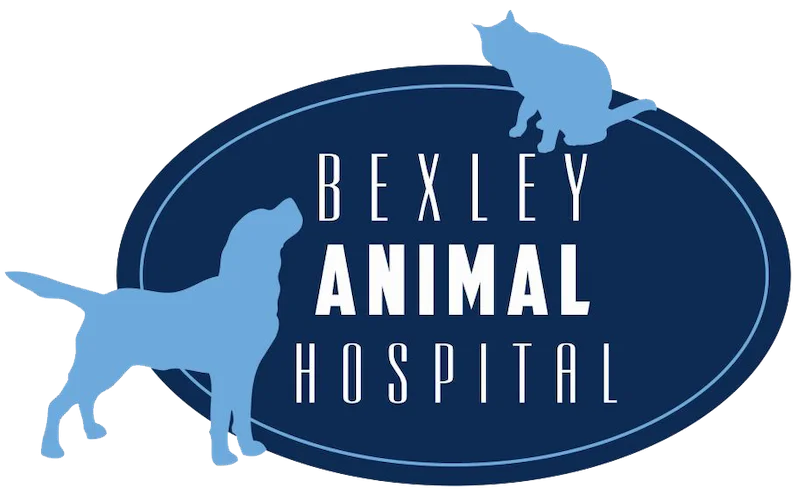Access our client forms to save time during your visit.
VeterinaryForms
We’ve made it easy to prepare for your appointment by offering our most commonly used forms online. Whether you’re a new client or dropping off your pet for a sick exam, you can complete your forms in advance to streamline your check-in process.
AvailableForms
New Client Information Form
Help us get to know you and your pet before your first visit. This form collects important contact information, medical history, and household pet details.
Admission Information & Authorization to Treat Form
Required for same-day sick pet visits and drop-off exams. Authorizes our team to evaluate and care for your pet throughout the day.
HaveQuestions?
If you’re not sure which form you need or prefer to complete paperwork in person, give us a call — we’re happy to help. Call (614) 947-7671.
Simplify YourNext Visit
Complete your forms ahead of time and focus on what matters most — your pet’s care.
Save time at check-in by submitting your forms online or bringing printed copies to your appointment.
